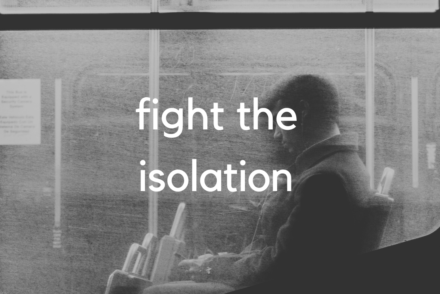Normally my posts here are written from the fallout of whatever recent biblical learning I’ve been doing, but today’s post is a bit of a departure from that. It’s more personal opinion than biblical exposition, but I firmly believe that it lines up with some key truths that are laid out in God’s word, such as Paul’s exhortation to “Outdo one another in showing honor,” (Romans 12:10) or James’ declaration, “Let your ‘yes’ be yes and your ‘no’ be no.” (James 5:12)
Sorry By Default
Have you ever met someone who is constantly apologizing for what they have (or haven’t) done? Have you ever been that person? The answer to both of those is most likely yes, particularly if you’ve grown up in the Midwestern USA, where niceness is the chief of virtues.
- A friend’s car breaks down, they call you and ask you if you can give them a ride to work and on the drive there they apologize multiple times for inconveniencing you and making you drive them. You have to repeatedly tell her not to worry about it, it’s no big deal.
- You’re short on money, just a few days away from the next paycheck and have to ask your roommate if they’ll cover the full rent until you get the cash to pay them back. You’re terribly sorry, and say so a couple times each day until you pay them back. He starts laughing at you every time you say sorry, saying it’s totally fine.
- You’ve had a frustrating day and come home to your significant other and immediately start pouring out how you’re feeling. After a few minutes you realize that you’ve been doing a lot of talking and shift from sharing your story to apologizing for how much you’ve been talking.
It seems like we’re sorry by default, operating in a constant state of regretful apology for the thousands of small things that we do to inconvenience others. But is sorry really the best way? Is piling apology upon apology the proper thing to do when we mess with someone else’s plans or schedule? I submit that in most of these cases it’s not. In fact, apologizing for small inconveniences is, more often than not, a subtle insult to the people you’re apologizing to.
The problem with sorry is that it assumes the worst about the other person. It assumes that they’re petty enough to be offended by your request for help, that they’re angered by the minor inconvenience you’ve caused, or that they don’t care enough to listen to your problems. In short, it assumes that they lack character and love; that they’re missing the patient, kind, gentle fruit of the Spirit and that you need to request their forgiveness because you’ve sinned against them somehow.
Giving Honor Instead
What if rather than of apologizing for the small inconveniences that we cause to those whom we love we instead showed honor, thanking them for their patience, kindness, gentleness, and self control? What if rather than putting ourselves down we lifted others up, affirming the good and Godly character that they demonstrate in those moments?
Saying sorry doesn’t build the other person up, particularly if they don’t feel there’s any reason for you to be sorry. Now that Kelly’s in the third trimester of her pregnancy she’s finding it increasingly difficult to sleep and moves around quite frequently, occasionally waking me up. When she says “thank you for being patient and not being annoyed at getting less sleep,” that is far more up-building than if she were to meekly apologize for keeping me awake.
Where can you replace your pointless “Sorry” with powerful words that give honor? Who can you thank today for the way they’ve shown the fruit of the Spirit toward you? There are, of course, countless times where sorry is the appropriate path, but let’s not have it be our default. Instead of lowering ourselves, let’s raise others up today!





No Comments